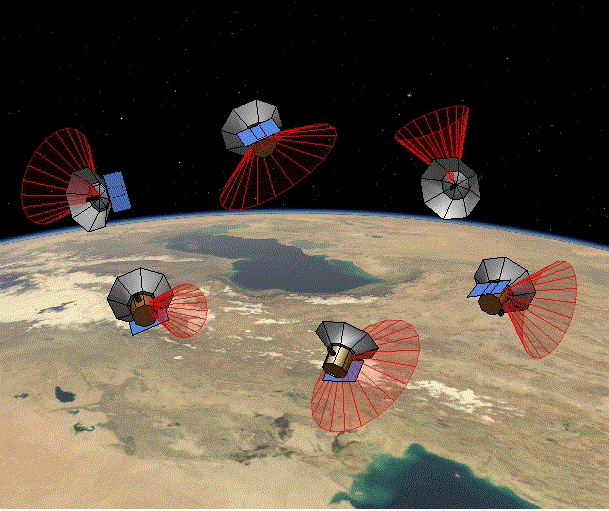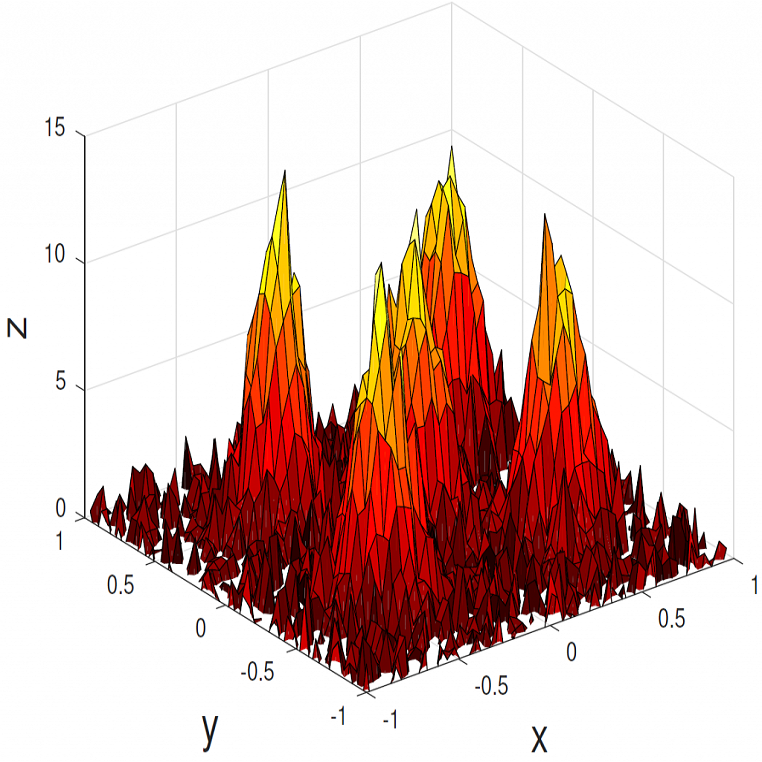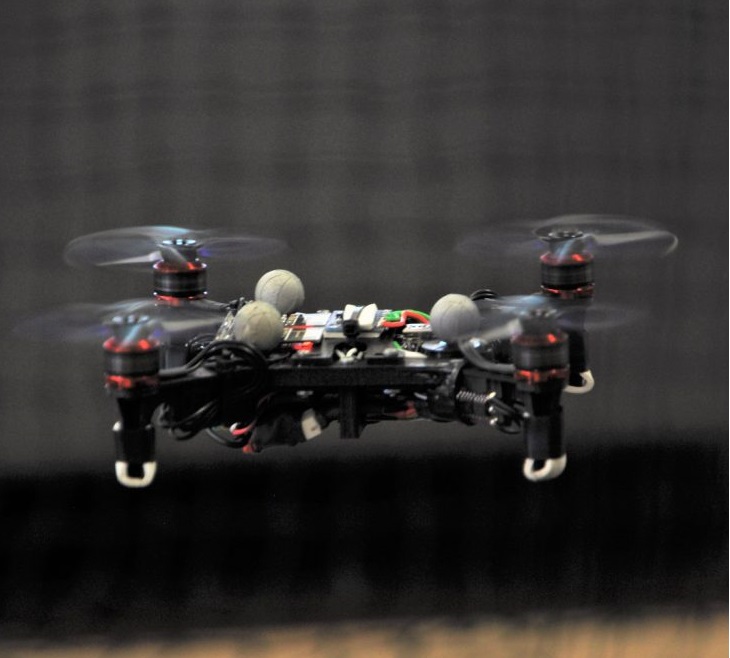Research
Our group’s research focuses on the analysis and synthesis of networked distributed autonomous systems operating in complex environments. We examine fundamental and theoretical questions at the intersection of control theory, optimization, networks, as well as guidance, navigation, and control issues for space, air, and ground robotic systems.
As networks become ubiquitous in many areas of engineering, it has become of paramount importance to examine how the network and its structure effect the dynamic properties of the overall system, such as its stability, performance, and robustness, both in the random and deterministic settings. We also consider some of the more fundamental system-theoretic questions such as controllability and observability of networked systems. Our research team examines a wide range questions from theoretical point of view as well as their ramifications for systems such as multiple spacecraft formation flying, networked robotics, UAV formations, heterogenous dynamic networks, and more recently, in the setting of social and molecular networks.
Another facet of our research deals with the operation of autonomous vehicular systems in complex environments, such as guidance laws for spacecraft attitude control in presence of nonconvex constraints, trajectory planning for solar powered unmanned aerial vehicles, and formation flight. Large-scale optimization for the operation of dynamic systems provides yet another facet of our research, with particular applications to energy management and green technologies.
| Distributed Autonomy | Network Control | Control and Learning | Hardware Testbed | ||||||
 |  |  |  |